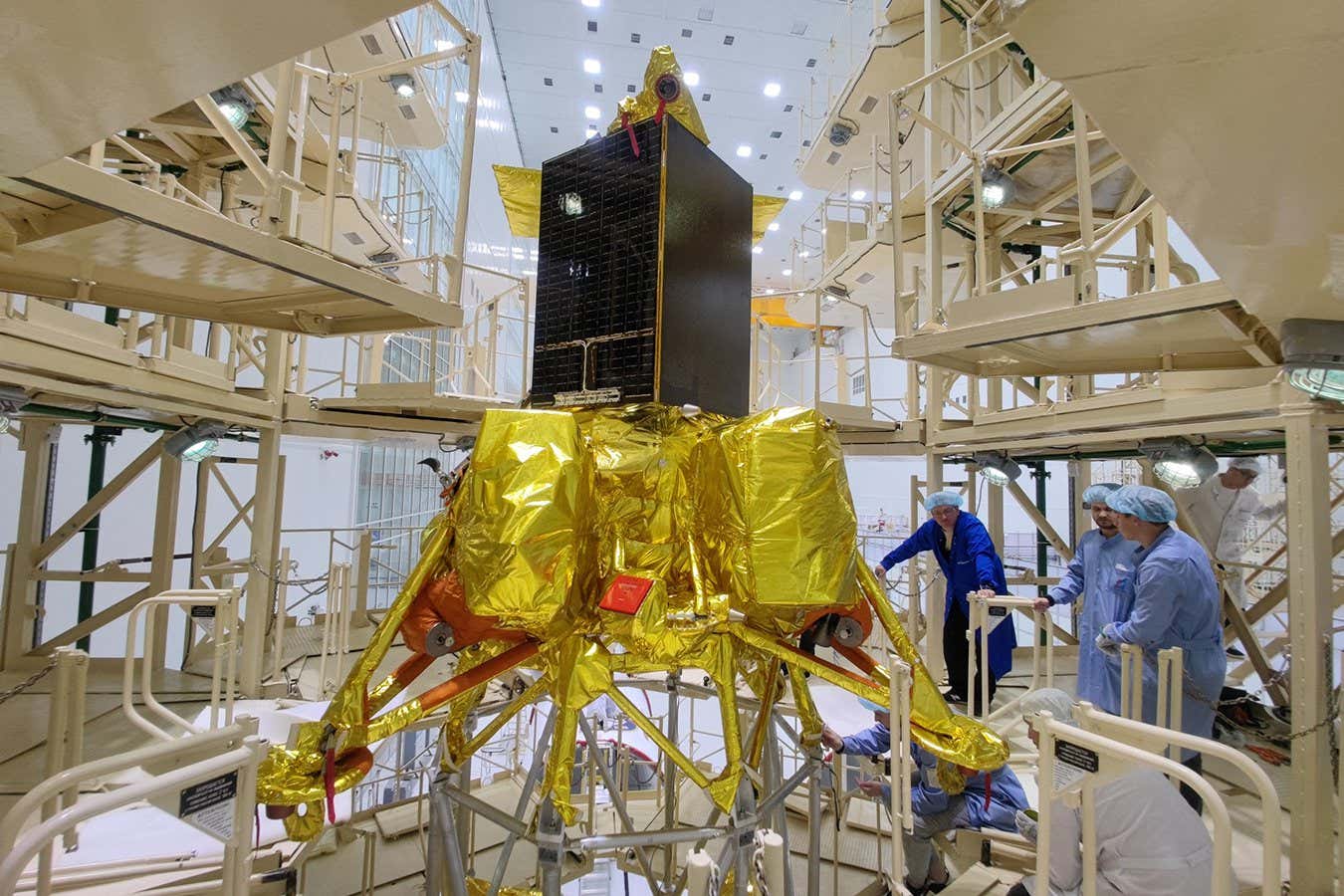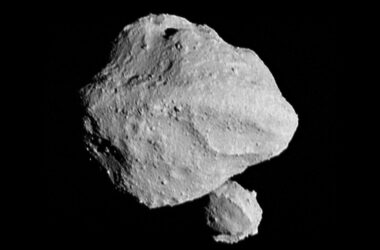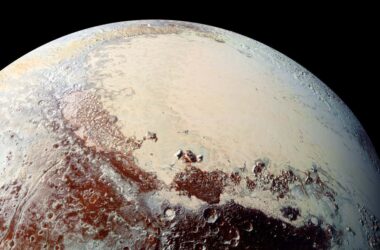Russia is preparing to launch its first moon mission in almost 50 years. This mission, named Luna 25, holds significant importance for the Russian space industry, which has seen a decline over the past few decades. It is also seen as part of Russia’s efforts to regain its global power and prestige, reminiscent of its Soviet Union days.
The launch of Luna 25 is scheduled for 11 August from the Vostochny Cosmodrome. The mission involves a lander equipped with scientific instruments primarily designed to study the composition and properties of moon dust. The lander is expected to touch down approximately 11 days after launch.
The mission’s name is a direct link to the space missions of the Soviet Union. Its predecessor, Luna 24, took place in 1976. While Luna 25 shares many similarities with Luna 24, the key difference is its intended landing site near the moon’s south pole instead of the equatorial region. The south pole is of particular interest due to the presence of water reservoirs, which holds significance for future human exploration.
Following Luna 24, the once-thriving Soviet space industry began to decline along with the end of the Cold War space race. Since the collapse of the Soviet Union 32 years ago, Russia had to establish a new space agency called Roscosmos. However, it has faced challenges due to political instability and funding issues. Furthermore, the number of players in the space industry has increased, leaving Russia without the head start it had during the Soviet era.
Andrew Jenks, a professor at California State University, Long Beach, suggests that this mission is an attempt by Russia to reclaim the territory and former glory it had as part of the Soviet Union. He remarks, “There’s an awful lot riding on this launch, in terms of whether Russia has the right stuff on the international stage to show that it can compete in an area where it had once been a clear leader.”
The Soviet and Russian space programs have faced numerous notable failures since the 1970s, including rocket explosions, a space shuttle that only launched once, and a failed Mars mission. Consequently, some within the industry are skeptical about the success of Luna 25. Jenks expresses his concerns, saying, “I hope they succeed, but the more likely result if you’re a betting person would be failure. The failures in the space program have been almost continuous.”
If Luna 25 does succeed, it would serve as a significant milestone for Russia and pave the way for a future permanent moon base, potentially in collaboration with China. Additionally, it could help revive Russia’s struggling space sector, which has experienced brain drain and loss of international partnerships due to the conflict in Ukraine.
Despite the potential morale boost for those involved in Russian space science, Jenks doubts that one successful mission can address the deeper issue of the degraded infrastructure for producing space technology. He notes, “You can’t eat morale or turn it into a space program – I don’t see how one successful mission can change the dynamic of a degraded infrastructure for producing space technology that clearly isn’t working.”
Roscosmos has not provided a comment regarding the Luna 25 launch.
Insights
Russia’s upcoming Luna 25 mission not only signifies its return to lunar exploration but also serves as a symbolic attempt to regain its former status as a global space power. The mission holds tremendous importance for the Russian space industry, which has suffered setbacks in recent years.
Choosing to land near the moon’s south pole highlights Russia’s interest in exploring areas with potential water reservoirs. This aligns with the global focus on lunar exploration as a precursor to future human missions.
The decline of the Russian space industry can be linked to the disintegration of the Soviet Union and the subsequent challenges faced in establishing the new space agency, Roscosmos. Political instability and funding issues have further compounded these difficulties.
However, the skepticism surrounding the success of Luna 25 stems from the track record of both the Soviet and Russian space programs, which have faced notable failures over the years. This raises doubts about Russia’s ability to effectively compete in the current space race.
If Luna 25 accomplishes its objectives, it could have far-reaching implications for Russia. Beyond the milestone of returning to the moon, it has the potential to revitalize the country’s space sector and establish collaboration with other space-faring nations, particularly China.
Nevertheless, addressing the underlying issues within the Russian space industry, such as brain drain and infrastructure degradation, requires more than just a single successful mission. Sustained efforts and reforms are needed to ensure long-term progress.








